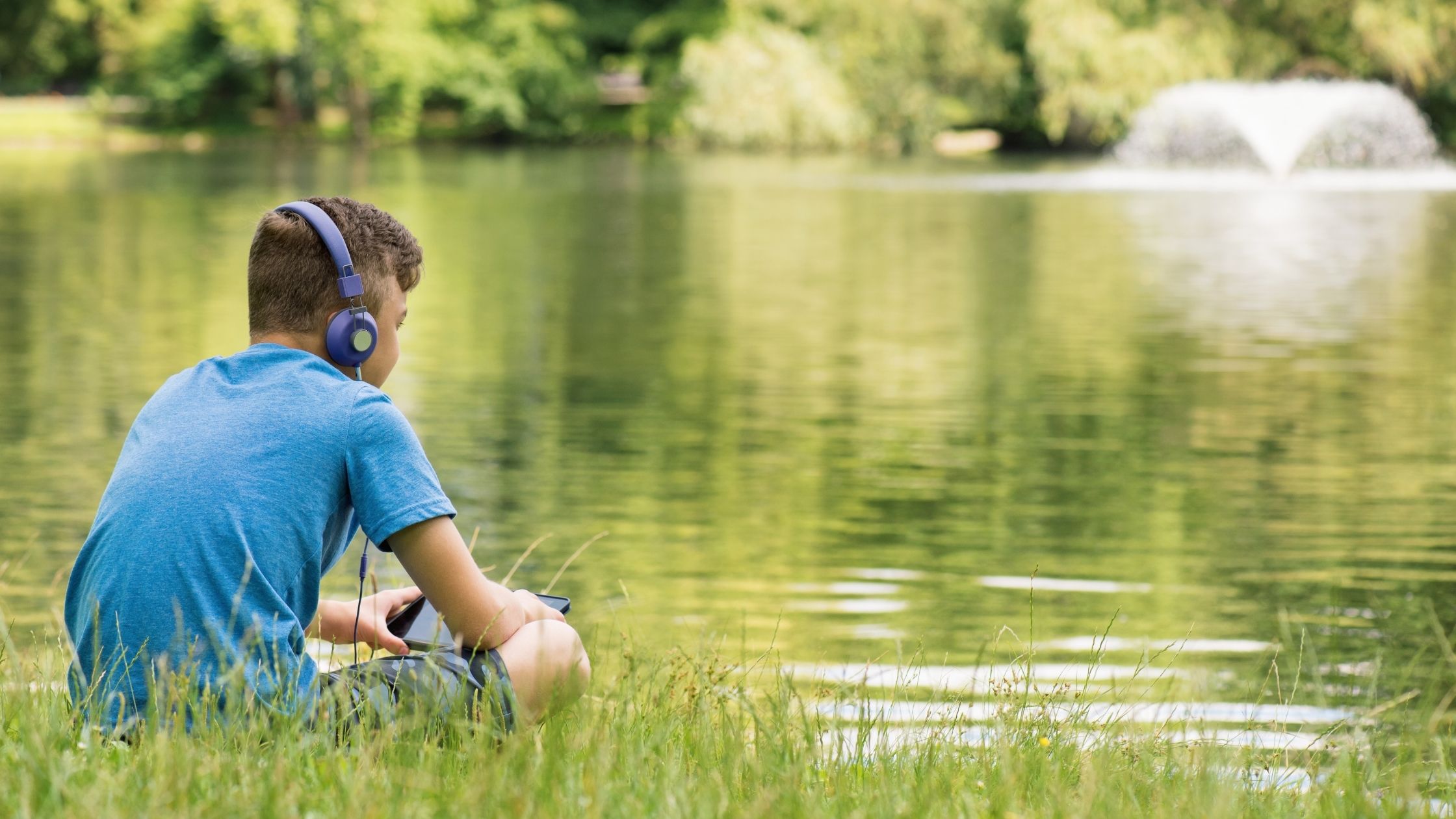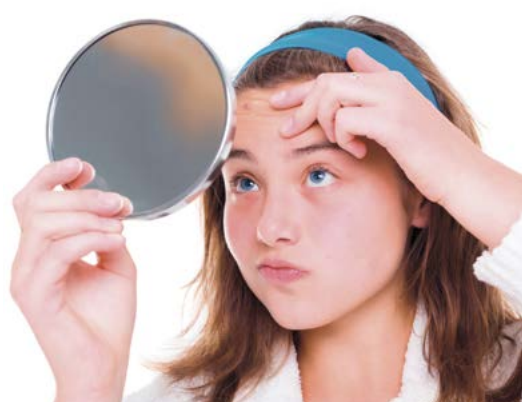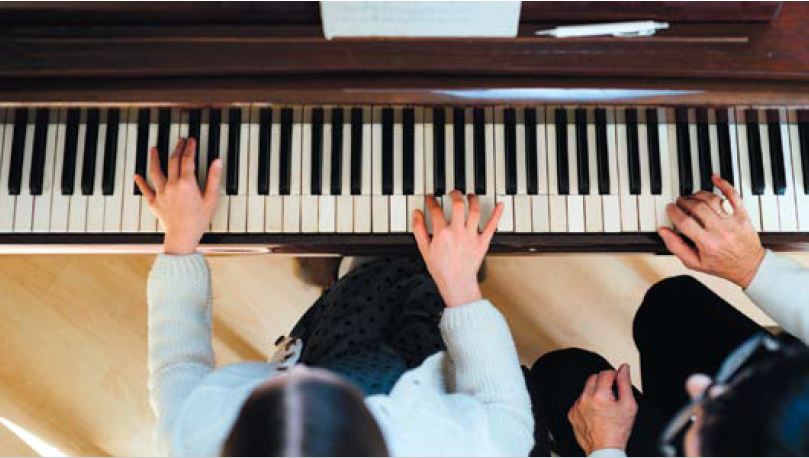They may be taller than you, have hairier legs than you realized or smell bad (or be suddenly aware that they smell bad and then make sure they smell overly good to cover it).
Teenagers: They stand out in public from the younger kids with their parents and those entirely freewheeling independent young adults. They’re definitely in a class of their own.
One of the many things I feel slipping past me — as my children get closer to adulthood — relates to how their physical bodies are something I don’t take care of anymore.
It’s strange to think my work as a parent began with only this.
I willed myself to sync with the rhythm of their feed-change-sleep cycles.
And now they put themselves to bed. They make their own breakfasts and lunches. They of course bathe and ready themselves.
With our busy lives caught up in school, grades and activities, we almost forget this whole side of them is now a well-running system on its own.
Well, pretty well-running anyhow.
And — although they may do most things on their own — I often ask myself: How can I give them that little bit of guidance to make sure they’re equipped to take care of their bodies and physical health into adulthood?
Food
Teenagers don’t always remember that they need sustenance. They’re too tired to eat in the morning or don’t want to do the extra work. (Yes, I know pouring cereal in a bowl is a lot of work.)
Letting go of making lunches was a hard thing for me when I went back to work as a teacher. But, I had limits on what I could accomplish that early in the morning, so I let that one go.
But I haven’t let go of making dinner. It’s the one way I feel I can provide nourishment and make sure they get a vegetable here and there. The bonus is we all sit down together.
I also do a little simple nagging here and there: Did you drink some water today? Did you put some fruit in your lunch? Did you have some protein?
Rest
I think sleep is a good thing. And I also think our teenagers need more of it than they want to admit when it’s late at night and the world is alive, snapping and posting away.
I’m a big proponent of making them plugin and turn off their devices at a time that is late enough for them and early enough for me every night.
I know this hour varies by family.
I encourage them to do work that requires a laptop or screen earlier in the evening. If that’s not possible, at least plugging in their phone means their connectivity to their online social life gets a rest.
It’s all too easy for me to let them enjoy their friends and the cocooning they do at this age. I get time to read or have conversations with my husband — those facets of life that were so hard to come by during the kids’ younger years.
But I’ve been mindful about calling them down from their teenage dens so we can cuddle on the couch and talk about our days. This time forces them away from their devices for a short while, and it gives them the opportunity to release the stress and responsibilities of their days.
Touch
Both of my kids have made it across the awkward bridge of puberty that, for many, makes it hard to show affection. I remember distinctly both of them being unsure if they wanted those daily hugs or whether their changing bodies affected how I felt about them.
They don’t just sit in my arms or in my lap like they used to. And they don’t need to.
But they still need our touch.
Their growing bodies obviously have needs and desires that they’re still figuring out. I want to make sure they’re getting plenty of pure, innocent, loving touch to sustain them as they do.
I want them to know what real love feels like — safe and unconditional.
How I explain my inscrutable, sometimes annoying parenting antics is this:
When I say, Did you eat your vegetables — it really means Let me take care of you. I want you to see you function at your best.
When I say, Plug that in and come talk to me — what it really means is I care about all the moments in your day I can no longer be a part of.
And when I touch the side of your face before bed and tell you Sweet dreams — what I really mean is You are worthy of pure and healthy love.
Don’t accept anything less.
Jennifer Wizbowski lives in Excelsior with her husband, and daughter, and son, ages 14 and 17. Send comments, questions, and story ideas to [email protected].























